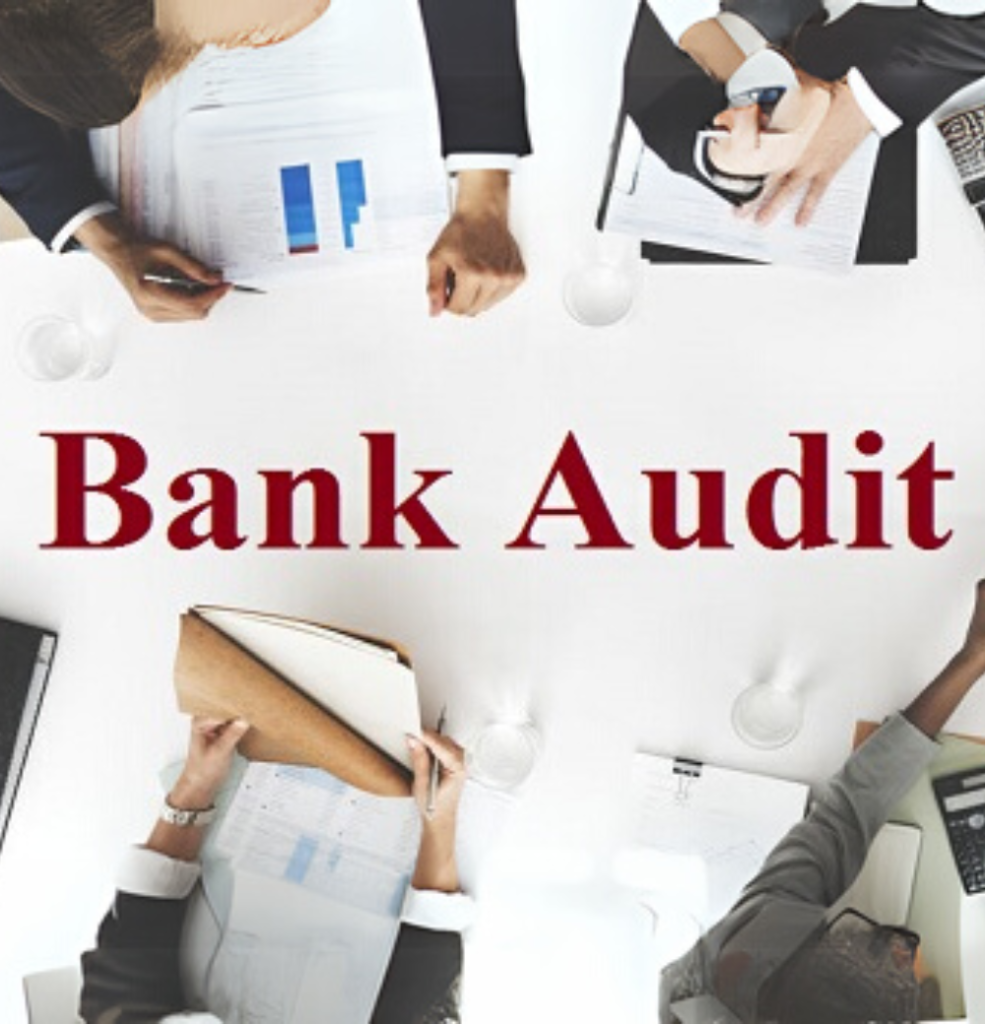S. R. Mahajan & Co
S. R. Mahajan & Co
Home / Services

Solution for every need
Banks are the cornerstone of our nation’s financial ecosystem. Entrusted with public funds, they play a vital role in maintaining financial stability and economic growth. Given the scale and complexity of their operations, banks require vigilant oversight to ensure compliance with regulatory norms, integrity in financial reporting, and protection of depositor interests. This is where the role of Bank Audits becomes crucial.
At S. R. Mahajan & Co., we bring our decades of experience, technical expertise, and deep understanding of banking regulations to deliver comprehensive audit services tailored for banks and financial institutions. Our audits are not just compliance exercises—they are tools that enhance operational efficiency, prevent fraud, and build stakeholder trust.
Lorem ipsum dolor sit amet, consectetur adipiscing elit. Ut elit tellus, luctus nec ullamcorper mattis, pulvinar dapibus leo.
Definition:
Concurrent Audit is an ongoing examination of financial transactions as and when they occur. It is designed to detect and rectify errors or frauds in real time before they escalate.
Key Features:
Real-time or near real-time transaction scrutiny
Conducted throughout the year, typically on a monthly reporting cycle
Performed by independent auditors (usually Chartered Accountants)
Covers high-risk and high-volume branches or operations
Scope of Work:
Daily transaction verification
Adherence to KYC/AML norms
Monitoring of cash balances and critical limits
Review of loan sanctions and disbursements
Income leakage detection
Verification of internal controls and compliance
Purpose: Concurrent audits provide an immediate check on irregularities, preventing their accumulation. This ensures smooth branch functioning and strengthens the bank’s control environment, thereby protecting depositor interest and public funds.
Definition:
Internal Audit is conducted by or on behalf of the bank to evaluate internal controls, risk management practices, and compliance with internal policies. Information Systems Audit, a sub-part of internal audit, focuses on the IT systems, cybersecurity, and automation processes used by banks.
Key Features:
Conducted as per internal schedules and audit plans
May be area-specific (e.g. credit, forex) or cover the entire branch
Includes on-site branch visits by audit teams
Increasingly focused on IT platforms like Core Banking Systems (CBS), internet and mobile banking
Scope of Work:
Review of internal control mechanisms
Evaluation of risk management frameworks
Verification of compliance with standard operating procedures (SOPs)
System access, data security, and IT governance review
Software performance, data integrity, and cyber risk assessments
Purpose: With the digitalization of banking operations, Internal and IS Audits ensure that both manual and technology-driven processes are reliable, secure, and efficient. It also prepares the bank for regulatory reviews and reduces vulnerability to cyber threats.
Definition:
Statutory Audit is a legally mandated audit carried out at the end of each financial year to ensure that the financial statements of the bank reflect a true and fair view, as required by law and RBI guidelines.
Key Features:
Conducted annually (typically in March–April)
Mandated by the RBI and conducted by RBI-approved audit firms
Focuses on the overall financial health of the bank
Determines classification and provisioning of NPAs (Non-Performing Assets)
Scope of Work:
Review of final accounts and financial statements
Verification of asset classification and NPA provisioning
Adherence to statutory requirements like CRR, SLR, and PSL
Audit of loan portfolios and interest recognition
Compliance with RBI circulars and accounting standards
Purpose: Statutory Audit provides external validation of the bank’s financial position. It ensures legal compliance and transparency in reporting, enabling accurate disclosure to regulators, shareholders, and the general public.
Bank audits are vital for:
Safeguarding depositor funds
Preventing fraud and mismanagement
Ensuring regulatory compliance
Identifying operational inefficiencies and control gaps
Strengthening public confidence in the banking system
At S. R. Mahajan & Co. we are committed to delivering integrity, insight, and value through trusted financial expertise.
We’re here to support your financial journey — get in touch with our team today.
Get expert advice, tax alerts, and industry news in your inbox.
Subscribe to get updates from S. R. Mahajan & Co. today.